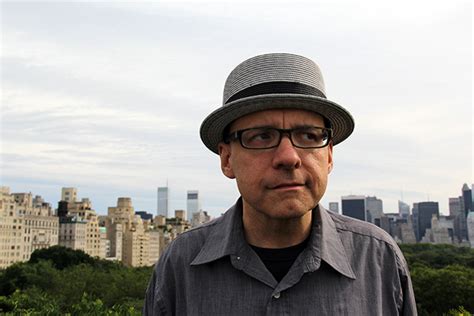A Quote by Feist
Well, there's just some universal truths in a way that I've just observed to be true. You read Voltaire. You read modern literature. Anywhere you go, there's these observations about romantic love and what it does people, and these rotten feelings that rarely are people meaning to do that to each other.
Related Quotes
I read everything. I'll read a John Grisham novel, I'll sit and read a whole book of poems by Maya Angelou, or I'll just read some Mary Oliver - this is a book that was given to me for Christmas. No particular genre. And I read in French, and I read in German, and I read in English. I love to see how other people use language.
I never need to find time to read. When people say to me, ‘Oh, yeah, I love reading. I would love to read, but I just don’t have time,’ I’m thinking, ‘How can you not have time?’ I read when I’m drying my hair. I read in the bath. I read when I’m sitting in the bathroom. Pretty much anywhere I can do the job one-handed, I read.
I think that when you're depressed, you can't concentrate long enough and well enough to read for the most part; some people can, but by and large people - that's one of the first things that goes, is the capacity to read meaningful literature. With grief, that's not true. For a while you can't read, but then you really are amenable to solace.
As far as people communicating with each other well I think that listening is important. You know really trying to read between the lines of what some body is saying and trying to read their mind a little bit where there at because most people don't really say what they're feeling. Which is the bones of great literature.
Do people believe in human rights because such rights actually exist, like mathematical truths, sitting on a cosmic shelf next to the Pythagorean theorem just waiting to be discovered by Platonic reasoners? Or do people feel revulsion and sympathy when they read accounts of torture, and then invent a story about universal rights to help justify their feelings?
I can read books and news articles about people who have excelled, people who have done extremely well in their chosen field, or made a lot of money, or married well, or what have you. When some people read this stuff, they get inspired, but when I read it, it makes me feel worse. Sometimes I wish I had never learned to read.
The second suggestion is to think as well as to read. I know people who read and read, and for all the good it does them they might just as well cut bread-and-butter. They take to reading as better men take to drink. They fly through the shires of literature on a motor-car, their sole object being motion. They will tell you how many books they have read in a year. Unless you give at least 45 minutes to careful, fatiguing reflection (it is an awful bore at first) upon what you are reading, your 90 minutes of a night are chiefly wasted.




































